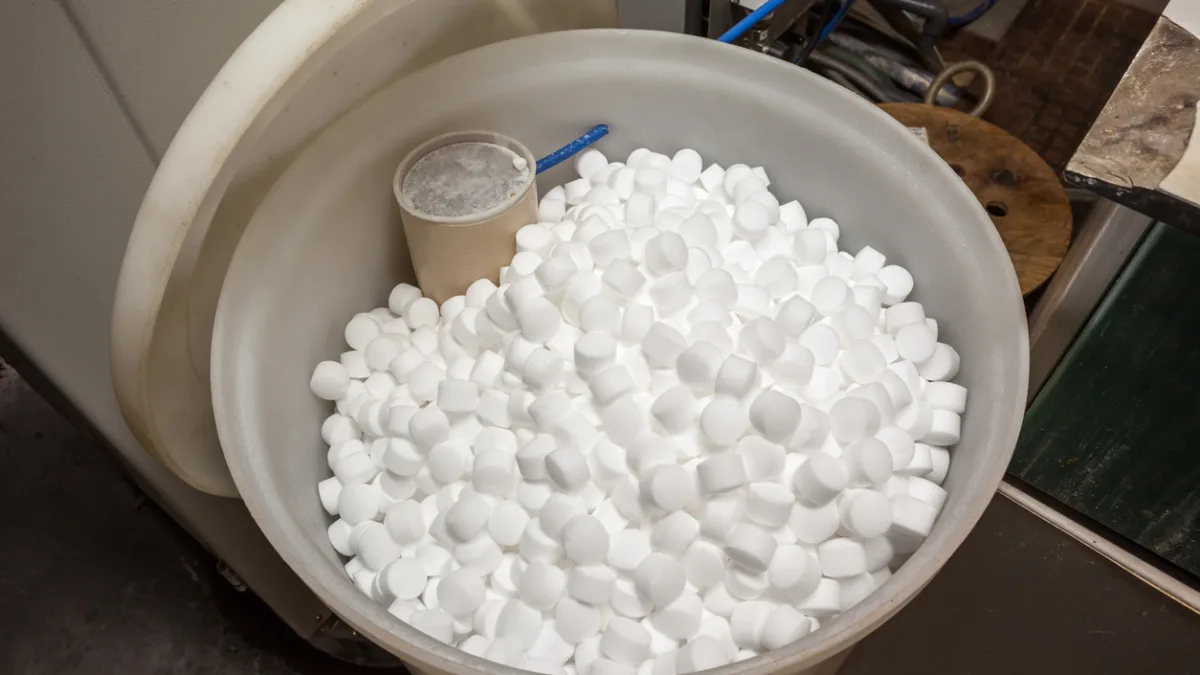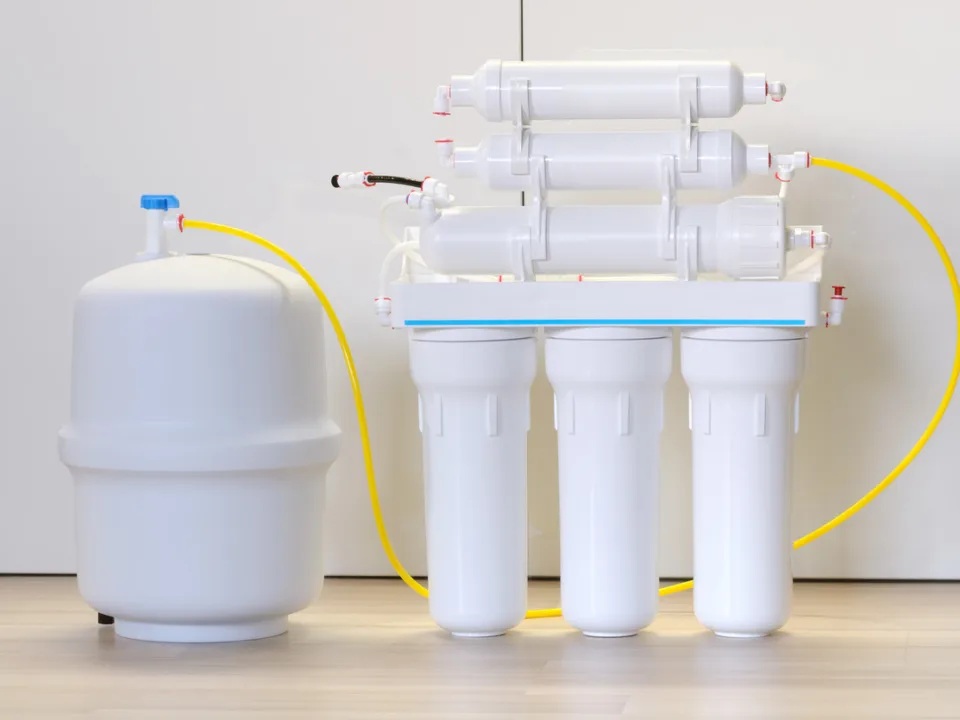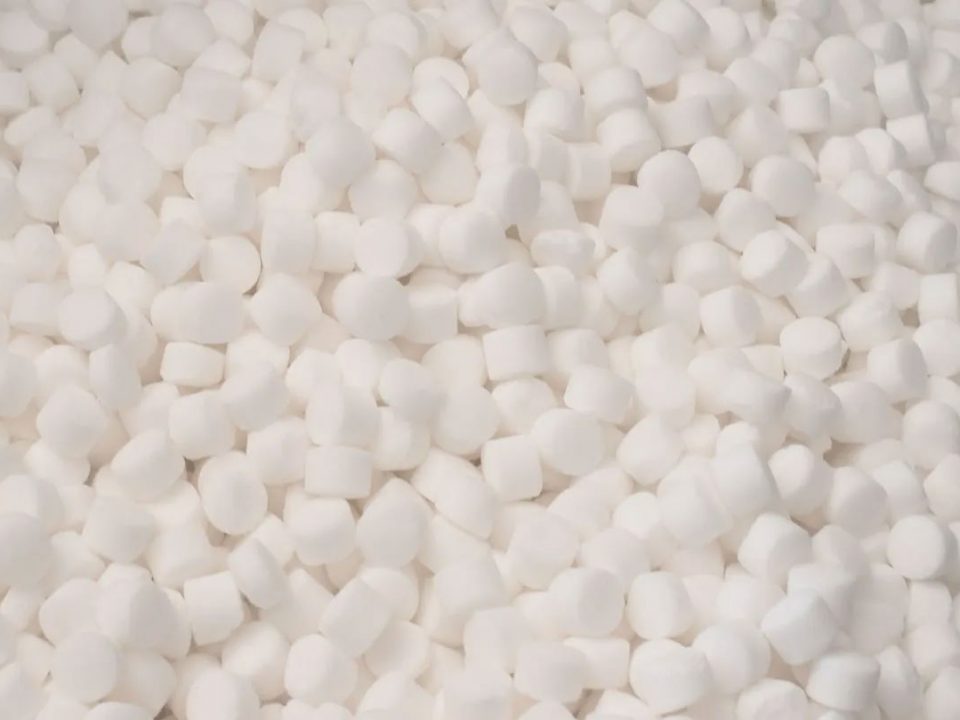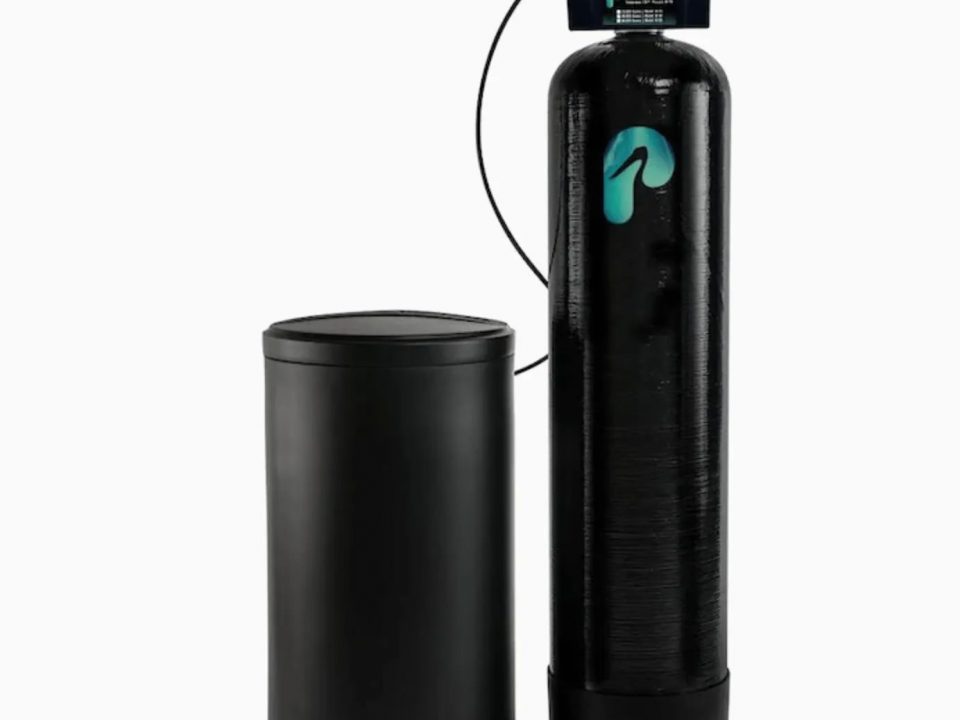This article will explore the essential steps to test your water and determine if your water softener is working effectively. Hard water can be a nuisance, causing a mineral buildup in your pipes and appliances. Ensuring that your water softener is functioning optimally is crucial to maintaining soft and clean water throughout your home. We will guide you through the process step by step so that you can enjoy the benefits of soft water.
What Is a Water Softener?
Before we delve into the testing process, let’s briefly understand what a water softener does. A water softener is a device that removes calcium and magnesium ions, which are responsible for making water “hard.” It uses resin beads that exchange these ions for sodium ions, resulting in softer water.
Why Testing Is Important
Testing your water is vital because it helps you assess the efficiency of your water softener. If the softener is not working correctly, you may still have hard water issues, leading to scale buildup, reduced appliance efficiency, and skin and hair problems.
How to Test Your Water Softener
Step 1: Gather Your Supplies
To begin testing your water, you’ll need a few simple supplies:
- A clean, transparent container
- Liquid soap
- Water hardness test strips or a water hardness testing kit
Step 2: Collect a Sample
Fill the clean container with water from a tap directly connected to your water softener. This ensures that you are testing the water that has been treated.
Step 3: Add Soap
Add a few drops of liquid soap to the container with the collected water. Secure the lid and shake the container vigorously for a few seconds to mix the soap and water thoroughly.
Step 4: Observe the Results
Now, it’s time to check the water. If your water is soft, you will notice that the soap creates a lot of suds. Soft water allows soap to lather quickly. If your water is hard, you’ll see that the soap creates very few suds, and the water remains cloudy.
Step 5: Compare with Testing Strips
You can also use water hardness test strips or a testing kit for a more accurate assessment. Follow the instructions on the package to test your water. These strips will provide you with a numerical value representing the hardness level of your water.
Frequently Asked Questions
How often should I test my water?
It’s a good practice to test your water at least once a month to ensure your water softener is working correctly.
Can I use any soap for the test?
Yes, any liquid soap will work for the test. It’s the reaction with hard water that you’re looking for.
What should I do if my water softener is not working?
Suppose your water softener is not working as it should. In that case, it’s best to contact a professional for inspection and potential repairs.
Are there health benefits to using a water softener?
While water softeners primarily improve water quality for your appliances and plumbing, some people find that softened water can be gentler on their skin and hair.
How can I maintain my water softener?
Regularly adding salt to your water softener’s brine tank and scheduling periodic maintenance checks can help ensure its longevity and efficiency.
Still Unsure? Contact Joe The Plumber For An Inspection
Is your water softener not performing as expected? Don’t wait for problems to escalate. It’s time to take action! Contact Joe The Plumber for a professional inspection of your water softener system. Our experts will ensure that your system is working efficiently and provide any necessary repairs or maintenance. Enjoy the benefits of soft water in your h








